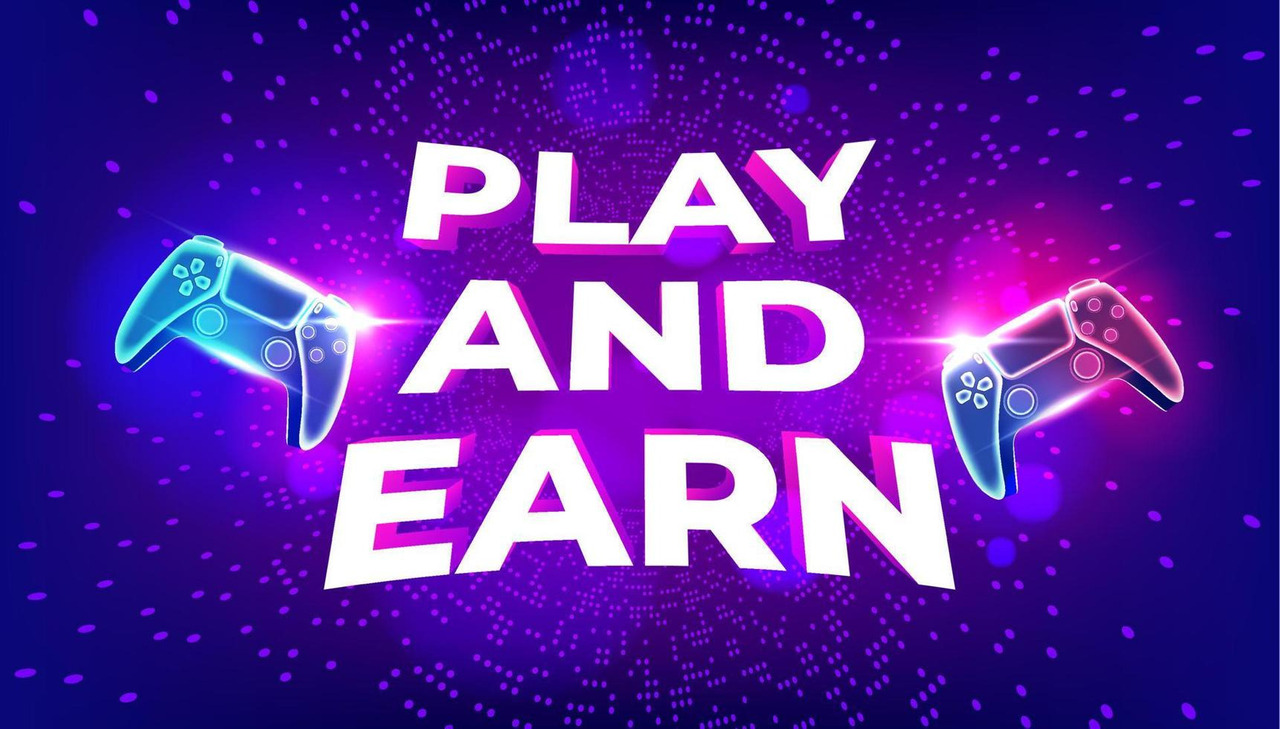Play to Earn (P2E) games have emerged as a compelling intersection of gaming and blockchain-based economies. These games are more than just fun they offer real world value, allowing players to earn tokens or digital assets with tangible worth. But behind every successful P2E game lies a thoughtfully executed development strategy.
If you’re looking to build your own Play to Earn game and want to partner with the right play to earn game development company in USA, Canada, this article will walk you through the essential steps, strategic considerations, and market insights to make your launch successful.
What is a Play to Earn Game?
At its core, a Play to Earn (P2E) game rewards users with blockchain-based assets typically cryptocurrencies or NFTs (non-fungible tokens) for in-game achievements. These assets can often be traded, sold, or used across decentralized platforms, giving players a sense of ownership and the ability to monetize their time.
Unlike traditional gaming, where the value stays locked within the game, P2E games introduce a decentralized economy that benefits both the developers and the players.
Step-by-Step Guide to Launching a Successful P2E Game
1. Define a Solid Game Concept and Value Proposition
The first question to ask is: Why would someone want to play this game, and what makes it rewarding?
Too many P2E games fail because they treat the earning component as the main attraction, rather than creating engaging gameplay. If the game isn't fun, players won’t stay long enough to earn anything.
Example: Axie Infinity succeeded not just because of its tokenomics but due to its strategic, creature-battling gameplay that gave users a reason to engage daily.
Tip: Partnering with an experienced P2E game development company can help refine your idea into a marketable and enjoyable product.
2. Select the Right Blockchain and Token Model
Choosing the right blockchain development company is critical it affects transaction costs, user experience, and ecosystem compatibility.
Popular blockchains for P2E games:
- Ethereum: High visibility but can be costly in gas fees.
- Polygon: Lower fees and Ethereum-compatible.
- Binance Smart Chain (BSC): Fast and low-cost transactions.
- Immutable X: Ideal for NFT-heavy games due to zero gas fees and high scalability.
Also consider:
- Dual token models (e.g., governance + utility token)
- In-game economies that avoid inflation
- Reward balancing to maintain token value
A reputable play to earn game development company in USA or Canada can guide you through tokenomics, wallet integration, and smart contract development based on your chosen blockchain.

3. Focus on Game Design and Mechanics
This is where a P2E game development company can be your most valuable partner. Beyond coding, they can help design:
- Core game loops that are addictively fun
- Reward systems that keep players engaged
- NFT integration for characters, skins, or assets
- Anti-cheat mechanics to prevent exploiters from gaming the system
Case Insight: Gods Unchained a digital card game made strategic use of NFTs by allowing players to truly own their cards, which they could trade or sell on open marketplaces.
4. Develop a Scalable, Secure Infrastructure
A successful P2E game must handle thousands of concurrent users, real-time asset trading, and wallet transactions without lags or crashes. Prioritize:
- Backend scalability (e.g., cloud architecture)
- High-performance databases for game state
- Robust cybersecurity measures to prevent hacks
- Real-time blockchain synchronization
Experienced P2E game development teams in North America often bring a solid understanding of compliance, security, and backend scalability.
5. Build a Community Before You Launch
Community is the heartbeat of every successful P2E project. Use platforms like Discord, Telegram, and Twitter to:
- Share development progress
- Release sneak peeks
- Offer early access or token airdrops
- Educate potential users about gameplay and earning models
Real Example: The Sandbox built its community years before its full launch, fueling anticipation and early adoption.
Partnering with a P2E game development company in USA, Canada can also connect you with influencer networks and early testers to jumpstart your user base.

6. Test, Iterate, and Launch with Purpose
Before going public:
- Run closed beta tests to refine gameplay and identify bugs.
- Collect user feedback, especially on earning fairness.
- Stress-test servers and smart contracts.
A well-structured launch includes:
- Clear token listing plan on decentralized exchanges (DEXs)
- Transparent roadmap for updates
- Ongoing communication with players
Why Choose a Play to Earn Game Development Company in USA, Canada?
North American development teams bring several strategic advantages:
- Proven experience in both AAA gaming and blockchain tech
- Strong focus on UX, security, and compliance
- Easier collaboration across time zones (especially for U.S. businesses)
- Transparent contracts and accountability
Working with a skilled play to earn game development company in USA, Canada ensures you’re not just building a game but building a business around it.
Conclusion: Make Your Mark in the Future of Gaming
Launching a successful P2E game is not about slapping tokens onto a mediocre game—it’s about crafting an immersive world where gameplay, economics, and community thrive together.
Whether you're a startup or an established brand diving into Web3, the right development partner can make or break your journey. Look for a p2e game development company that understands both blockchain infrastructure and what makes games worth playing.
Ready to bring your game idea to life? Collaborate with an expert P2E game development team in USA, Canada and take the first step toward creating the next breakout success in Web3 gaming.



